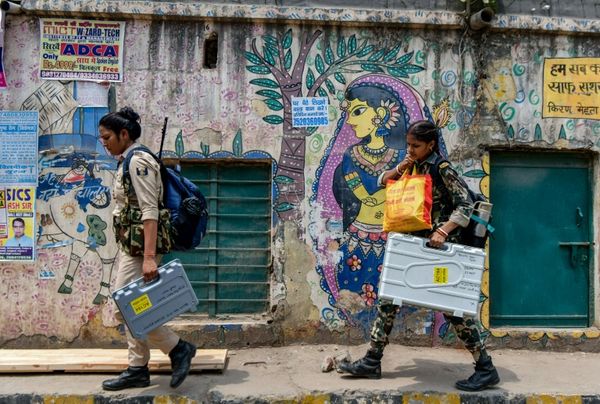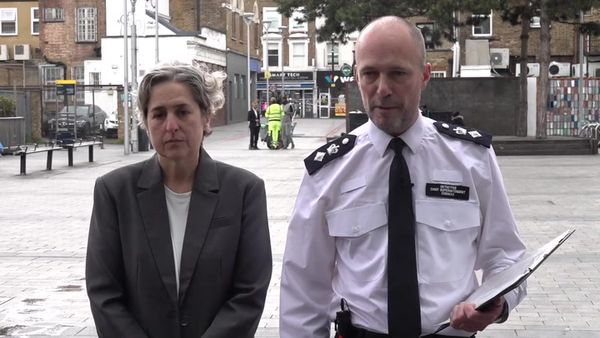
Adam Hansen, the president of the CPA riders' union, has responded to suggestions that the organisation has not assisted Shari Bossuyt with her defence in her doping case, and has said it is largely due to the costs involved.
In a press conference last week, Bossuyt said that she will not appeal the likely two-year ban she is facing after she returned a positive anti-doping test result for letrozole last year.
The Belgian said that she does not have the required financial resources to defend herself and bemoaned the lack of support from the CPA riders’ union, the UCI and the Belgian federation amongst other authorities.
Speaking to Cycling Weekly, CPA president Adam Hansen acknowledged the difficulties faced by Bossuyt but also said that the organisation could not afford to set a precedent in defending doping cases.
“The CPA just does not have the funding to do these types of court cases,” Hansen said. “We just do not have the funding for that and we cannot support every single rider that has a doping case.”
“Three to four cases a year could be the CPA’s total funding,” he added. “She [Bossuyt] may very well be 100% innocent, but the sad truth is, we must draw a line somewhere and going back to funding supports where that line is drawn.”
Despite Bossuyt’s announcement, a statement from the French anti-doping agency AFLD, shared with Cycling Weekly, said that an official decision on Bossuyt’s case would be announced in due course.
It said: "The AFLD will publish its decision regarding Ms Bossuyt on its website once the disciplinary process is officially closed."
In a statement shared on social media, Bossuyt said she had spent “tens of thousands of Euros” on “an already lost case”.
The 23-year-old was racing at the Tour de Normandie for Canyon-SRAM when she returned her initial positive result. Bossuyt won the third stage of the race and finished sixth overall but then tested positive for letrozole.
The drug is used by people who take anabolic steroids. It is strictly prohibited in and out of competition and banned by the World Anti-Doping Agency (WADA).
Bossuyt is not the first rider to test positive for letrozole in recent times. It is the same drug that resulted in fellow Belgian racer Toon Aerts being handed a two-year ban in August last year.
Similarly to Aerts’ case, Bossuyt and her legal team have tried to argue that the positive test was the result of food contamination but as of yet they have been unable to prove it.
pic.twitter.com/90crCY60V1January 11, 2024






